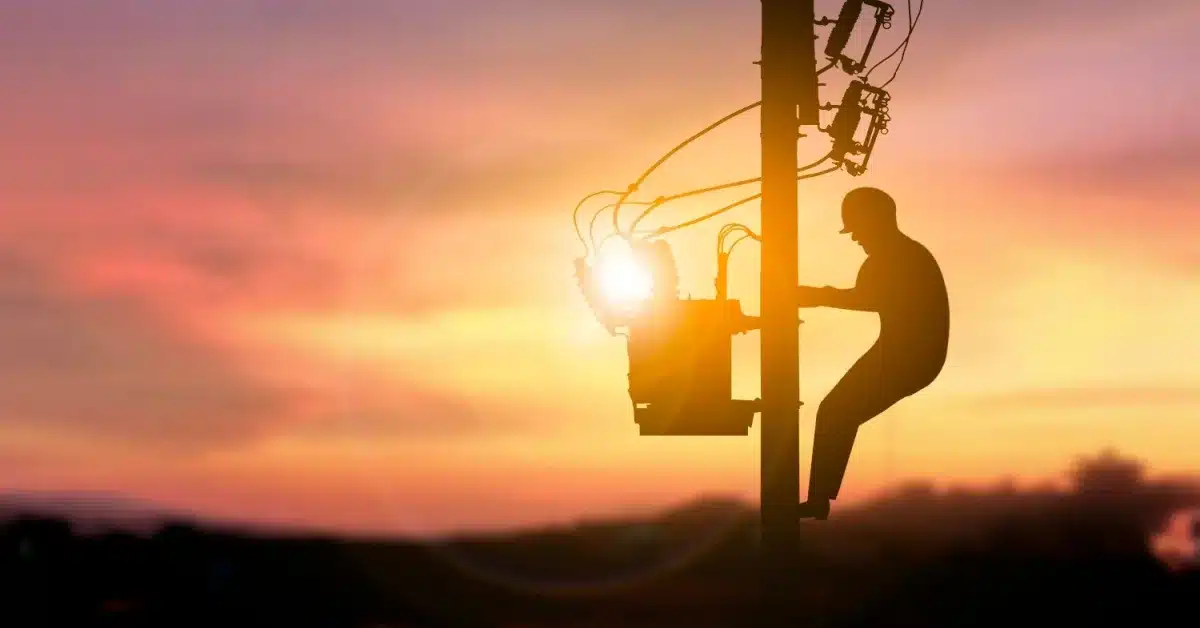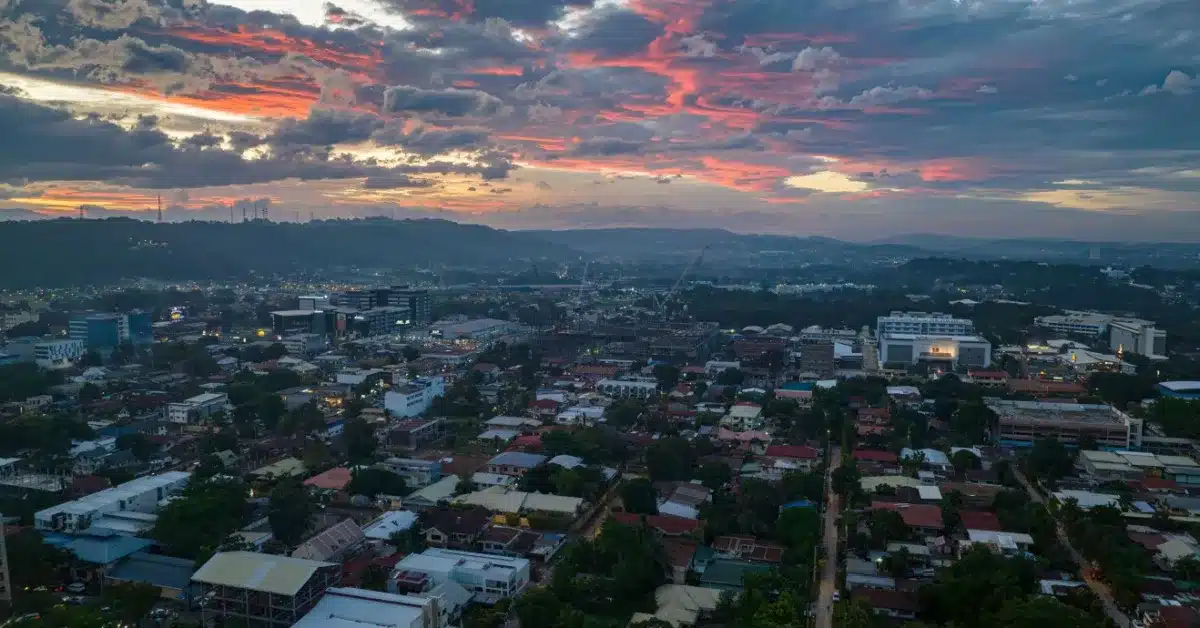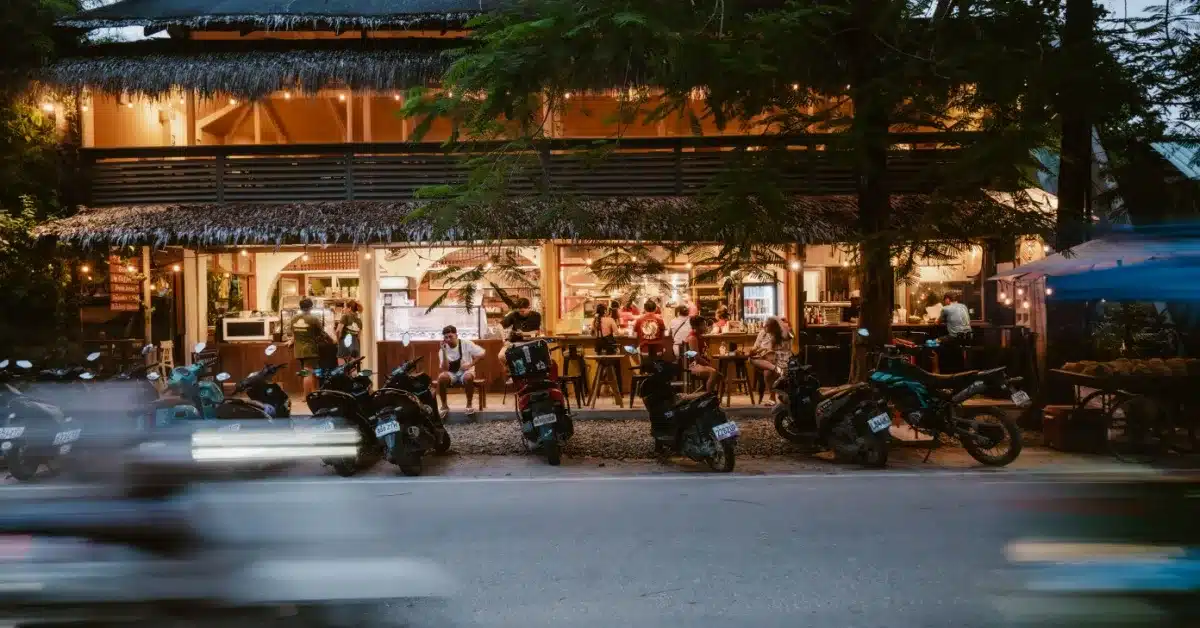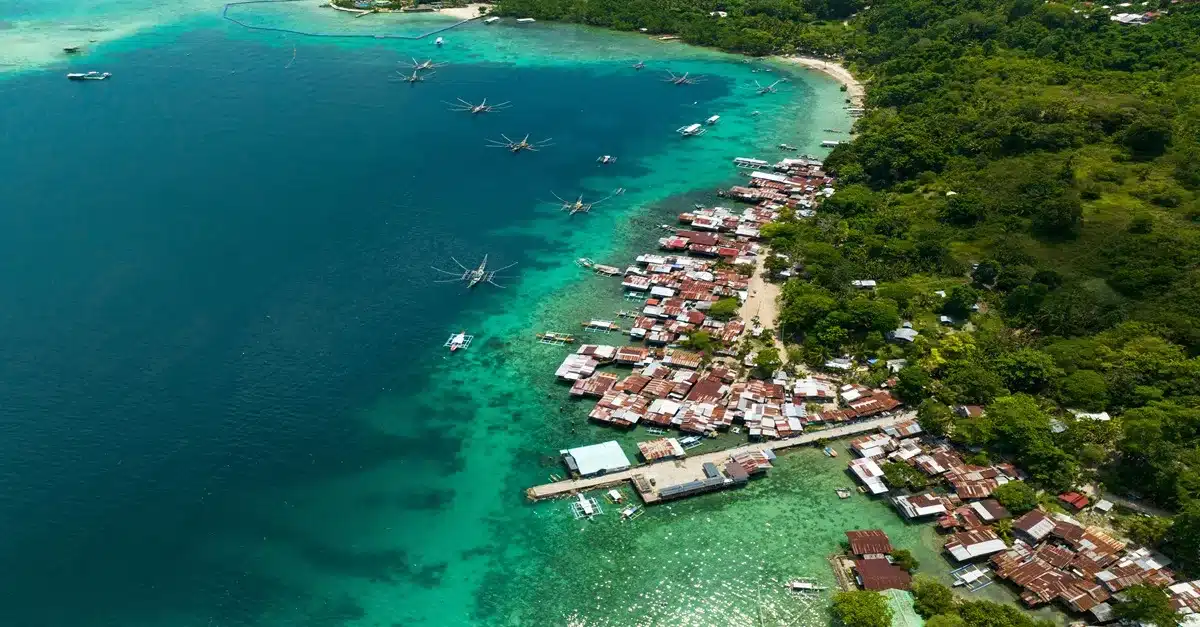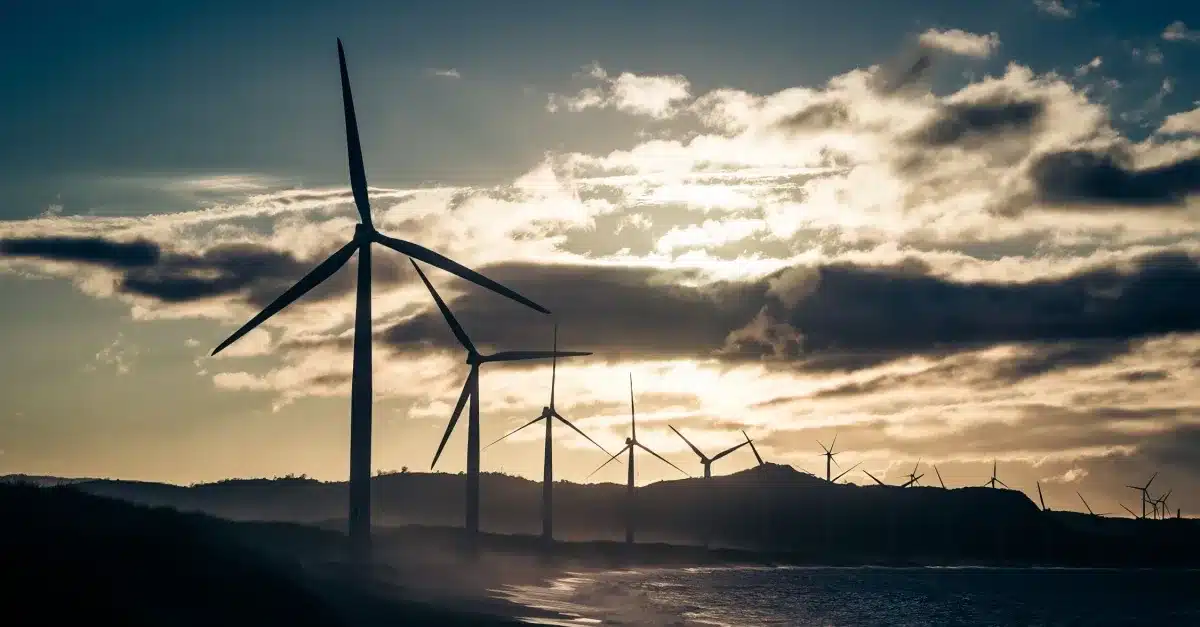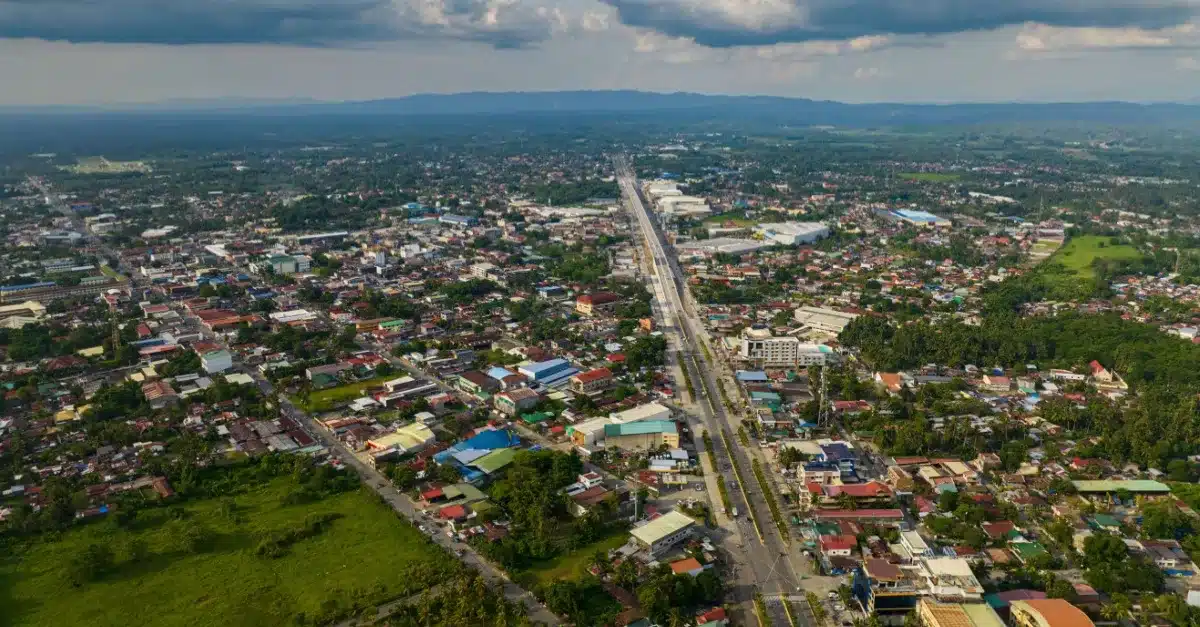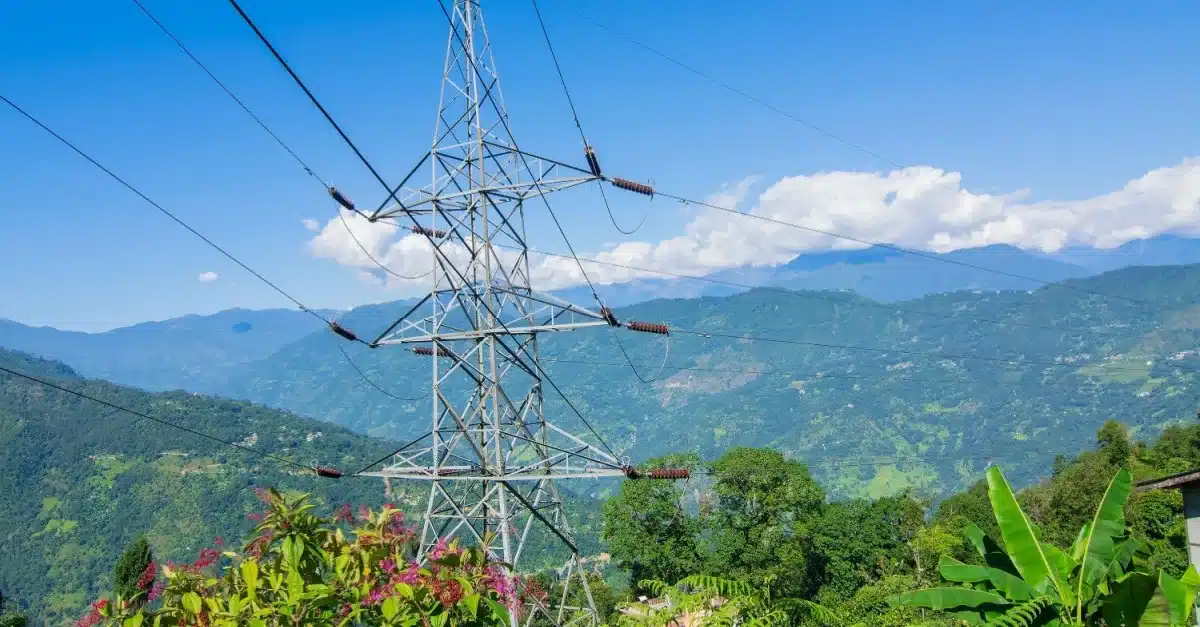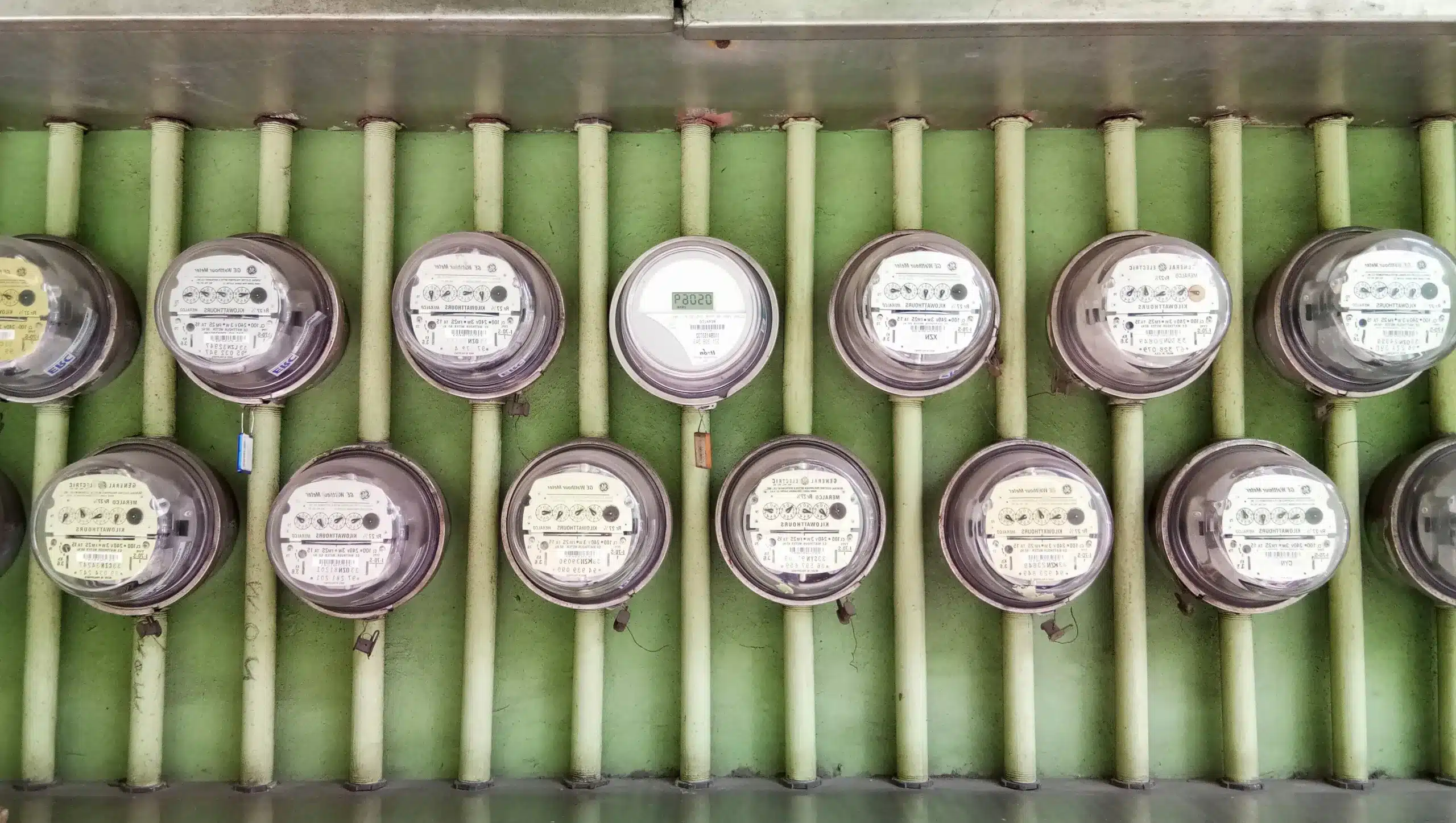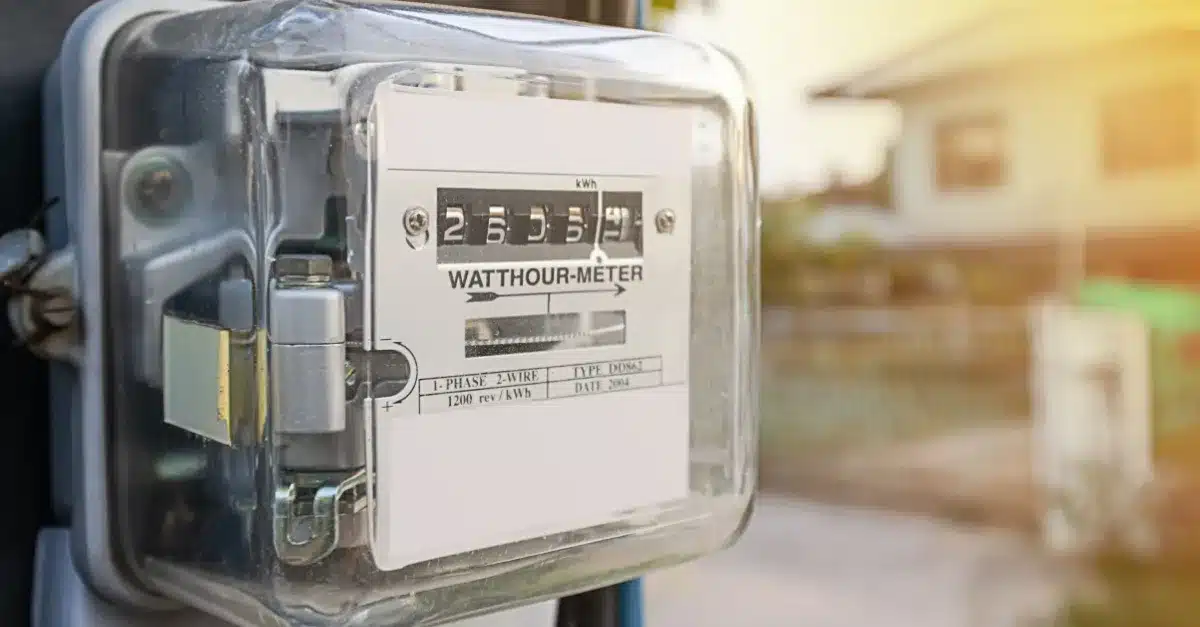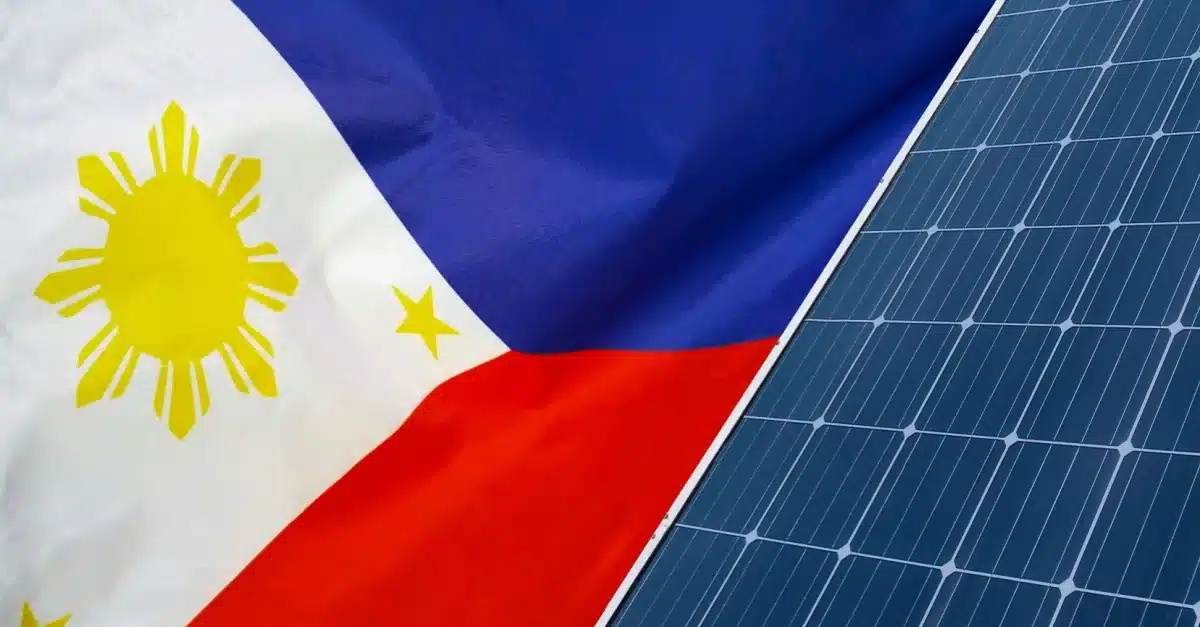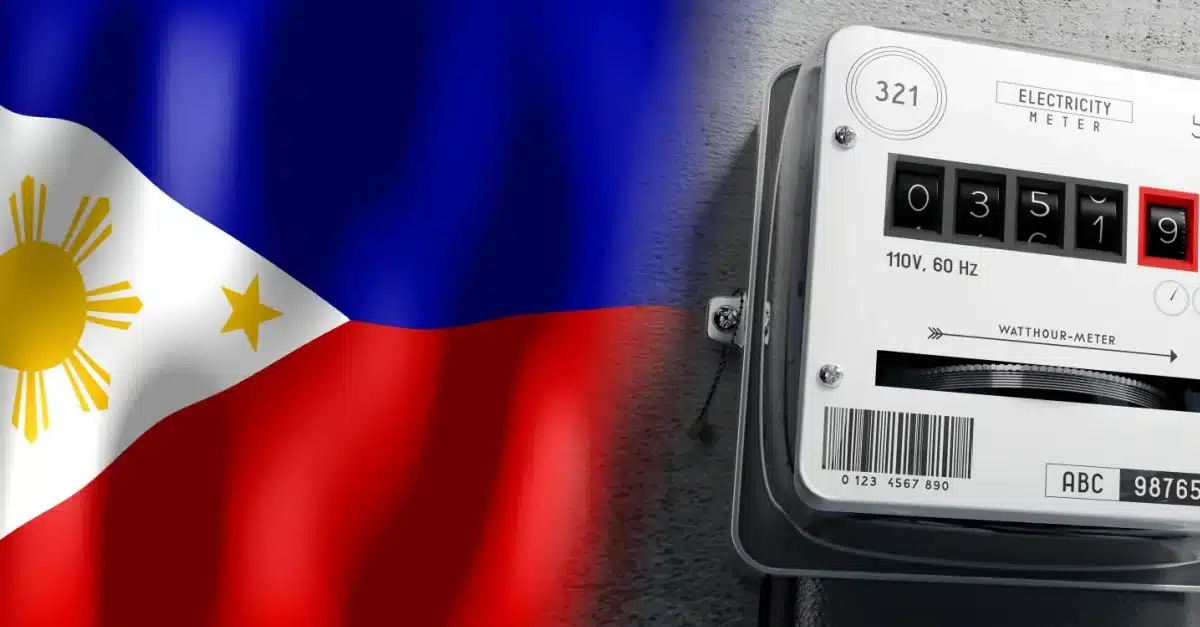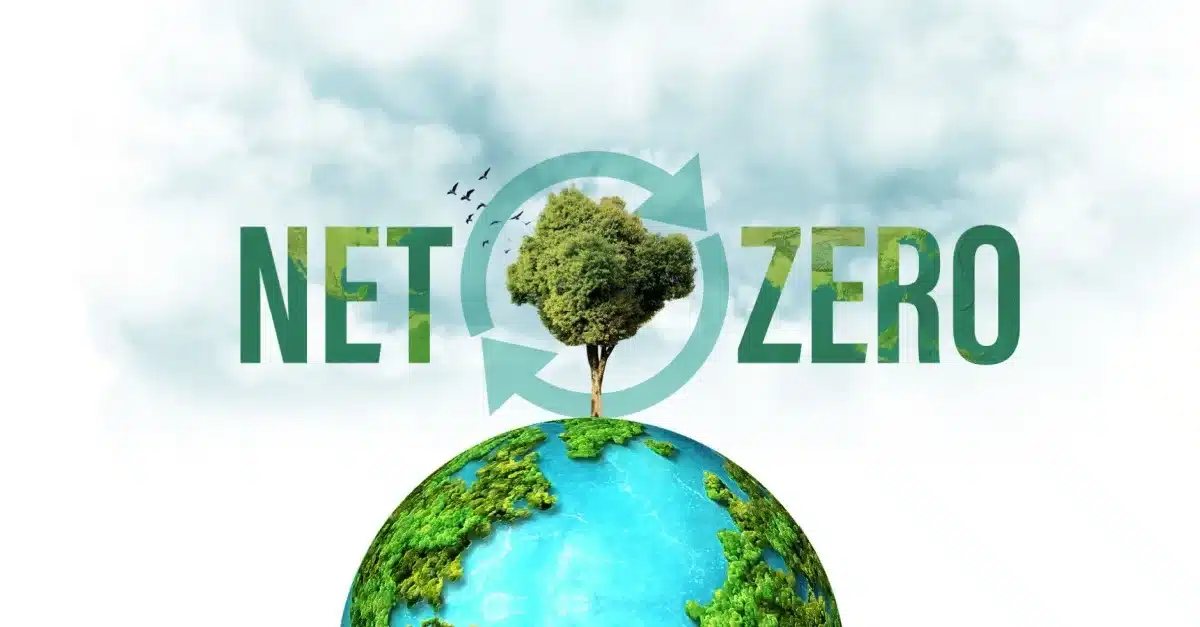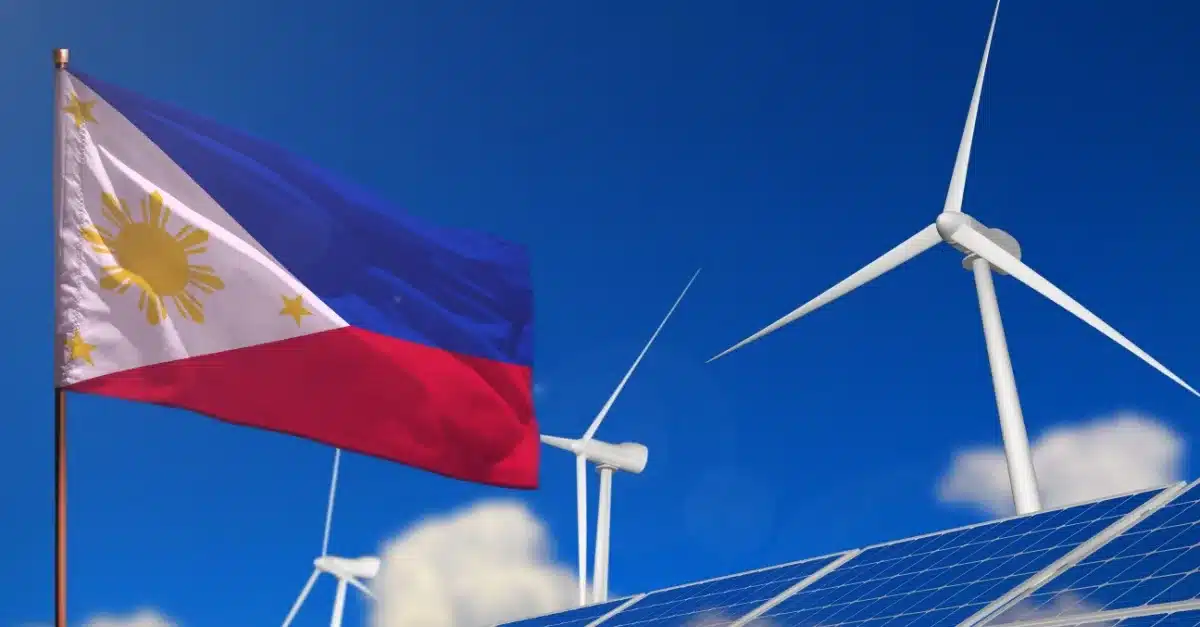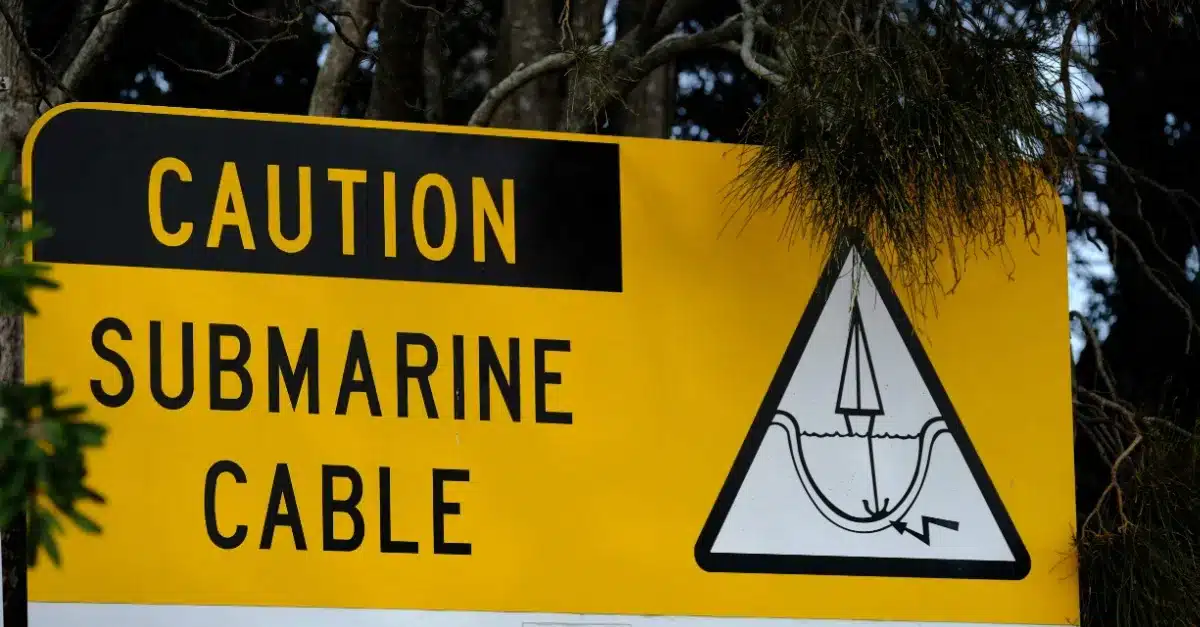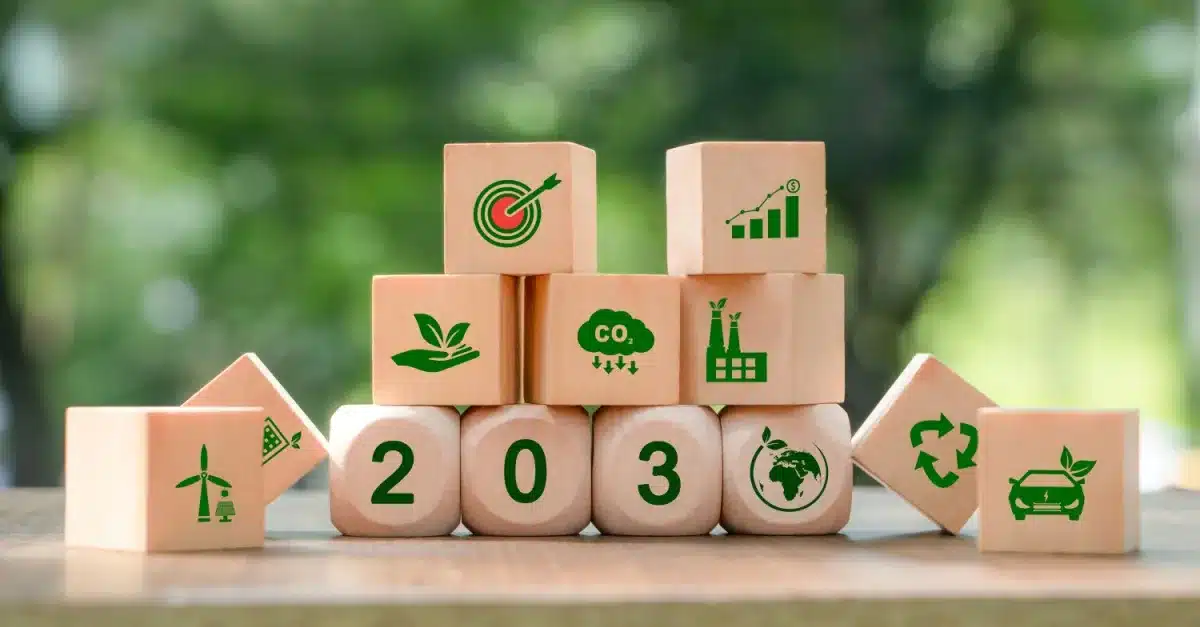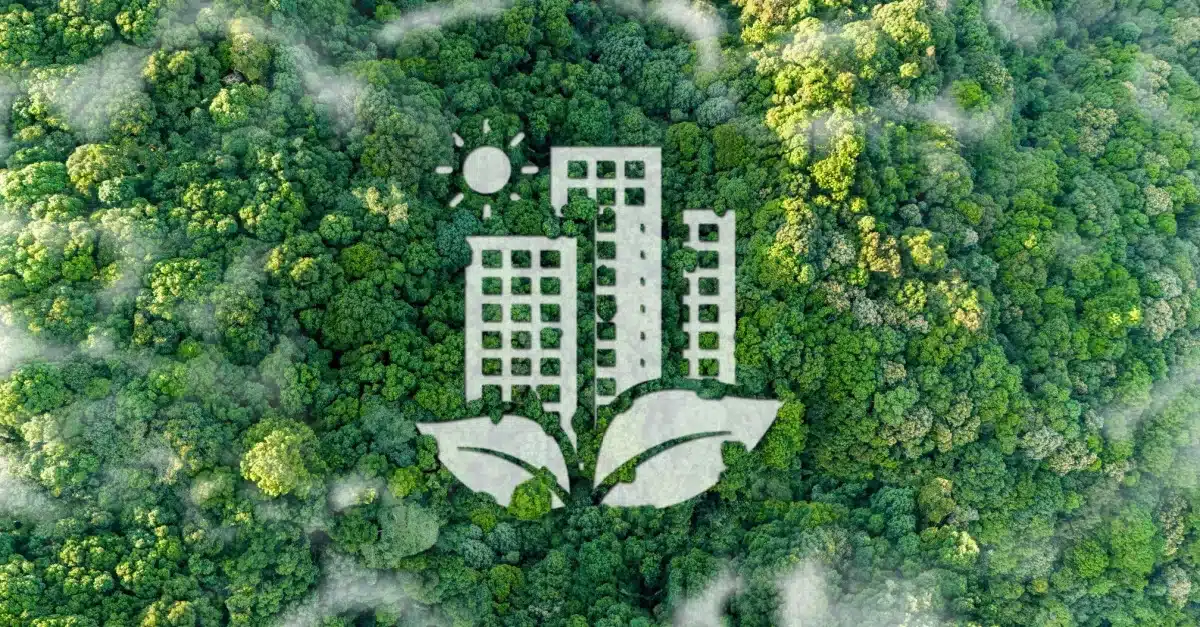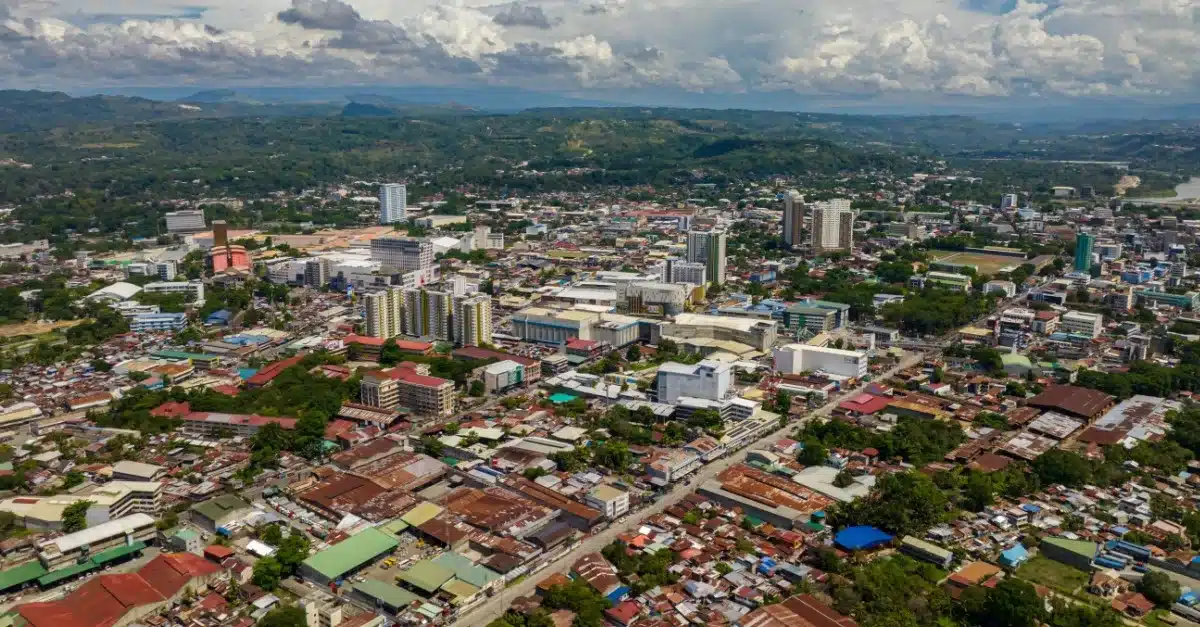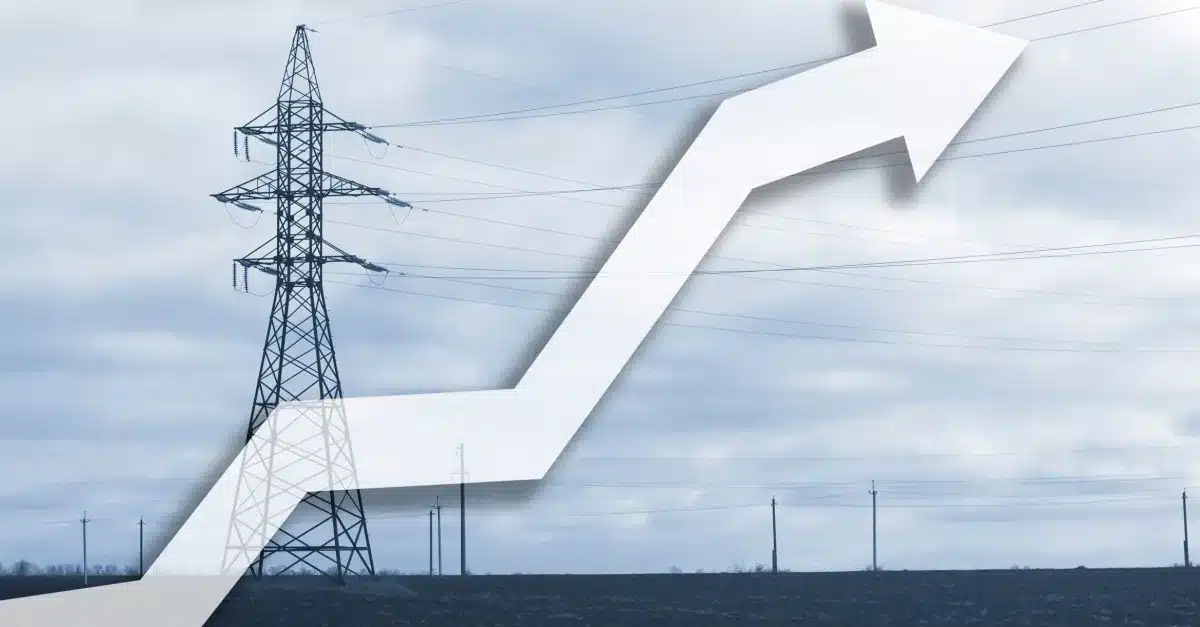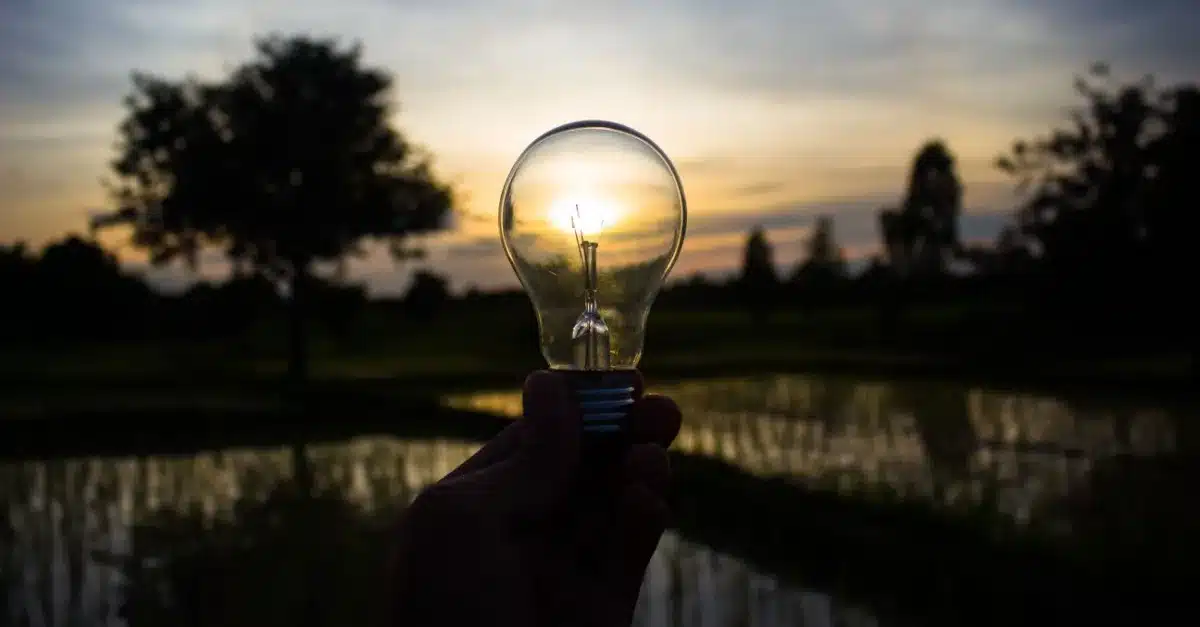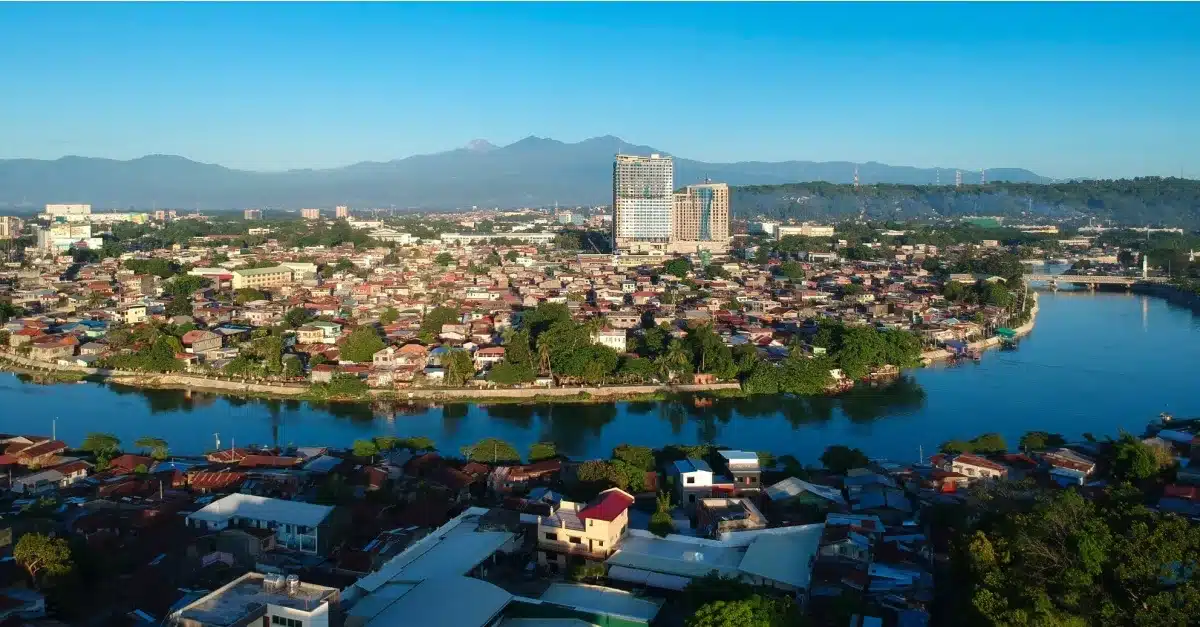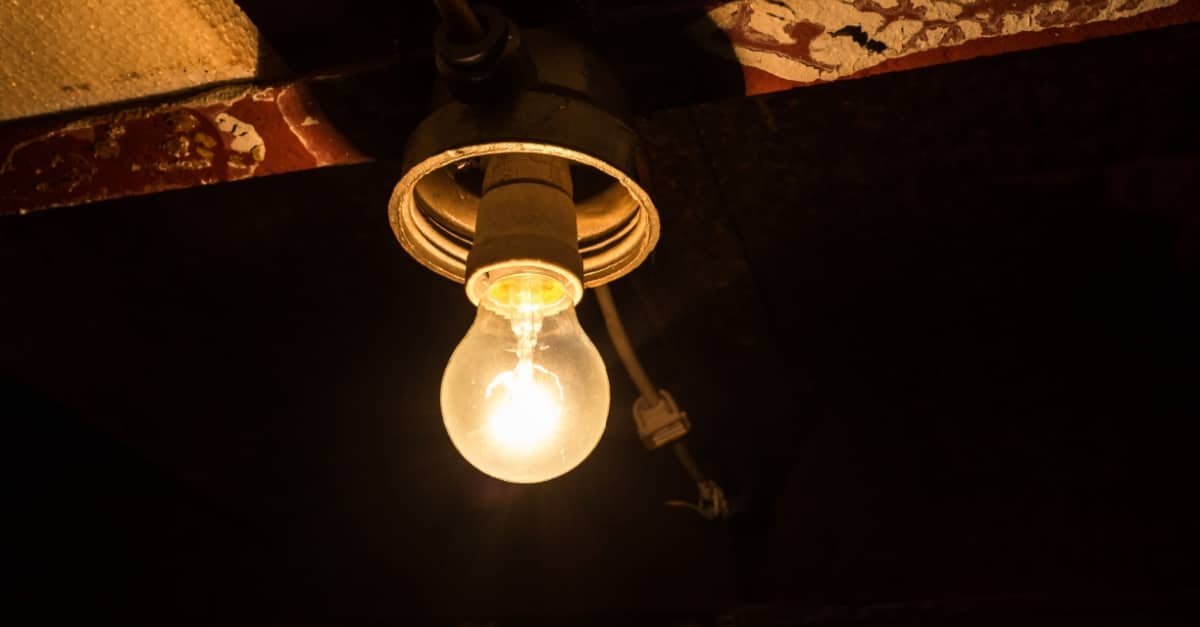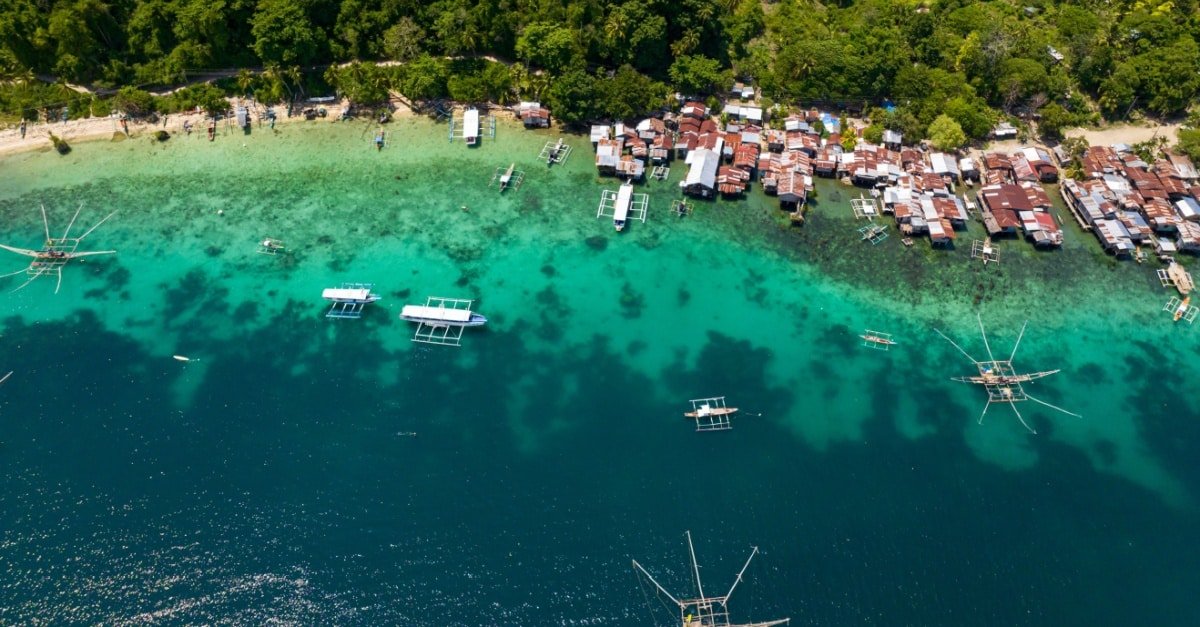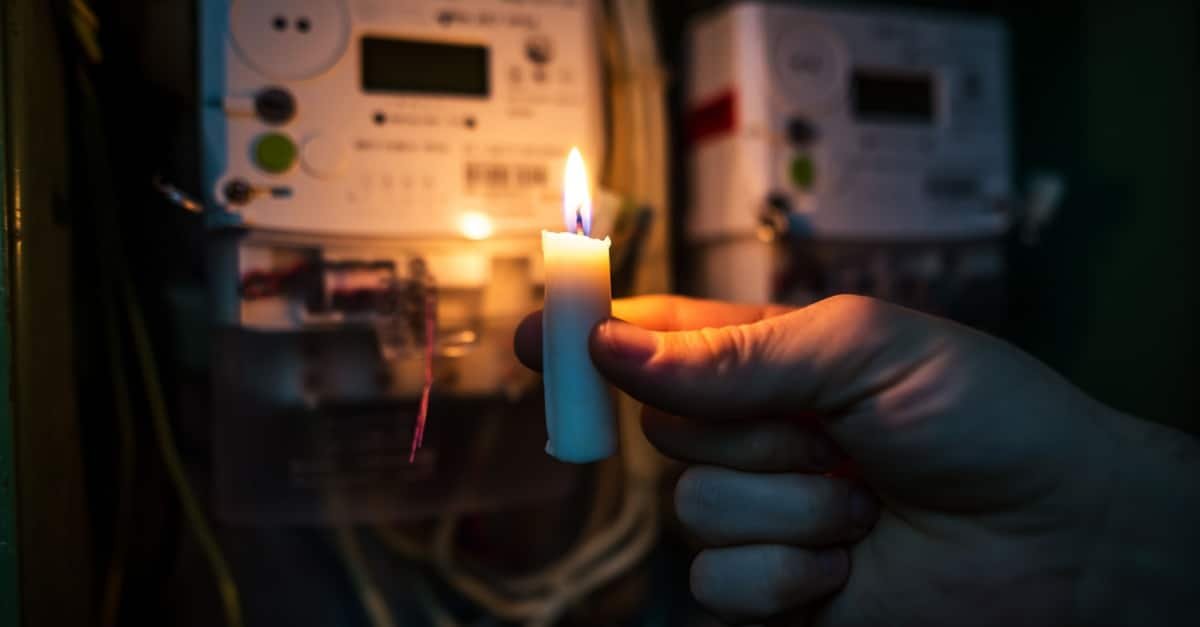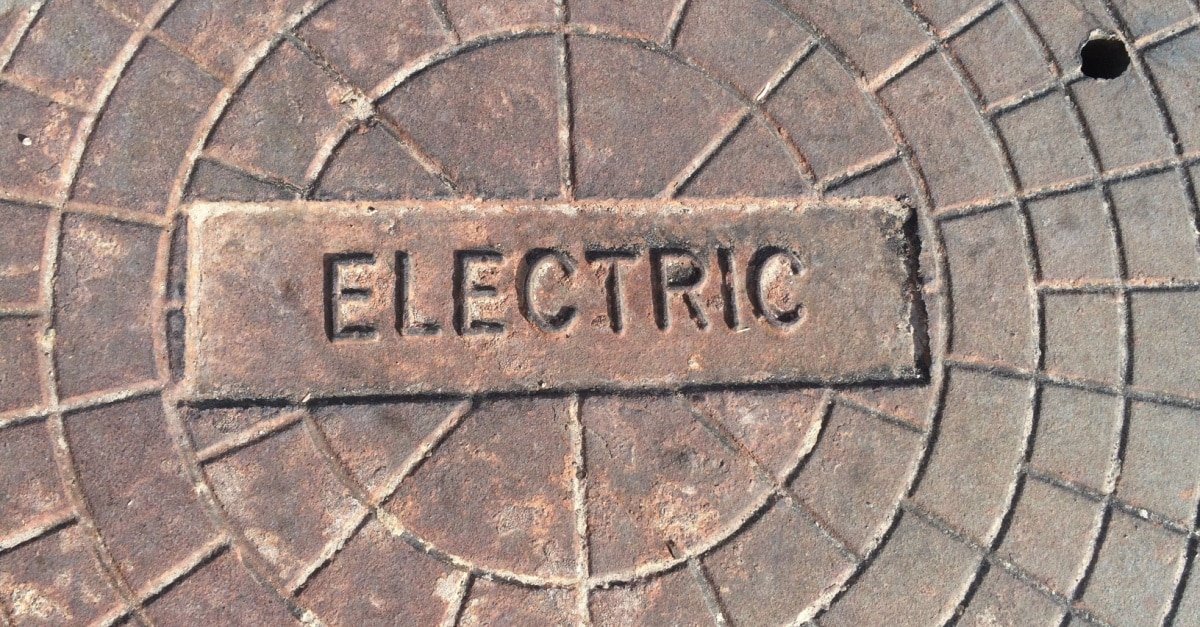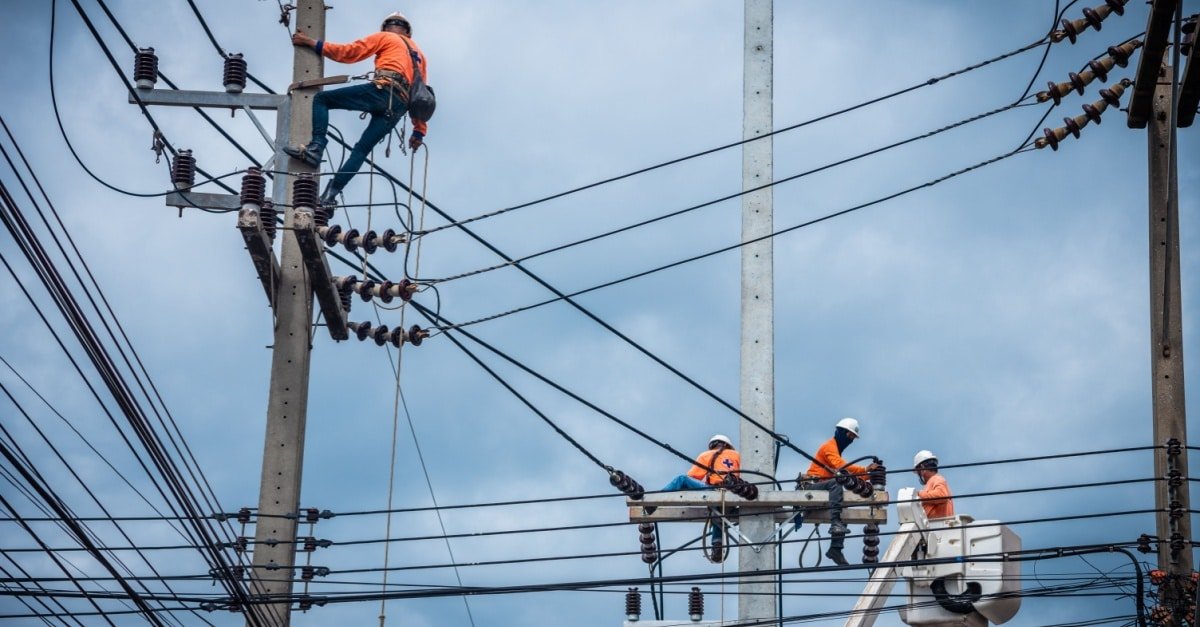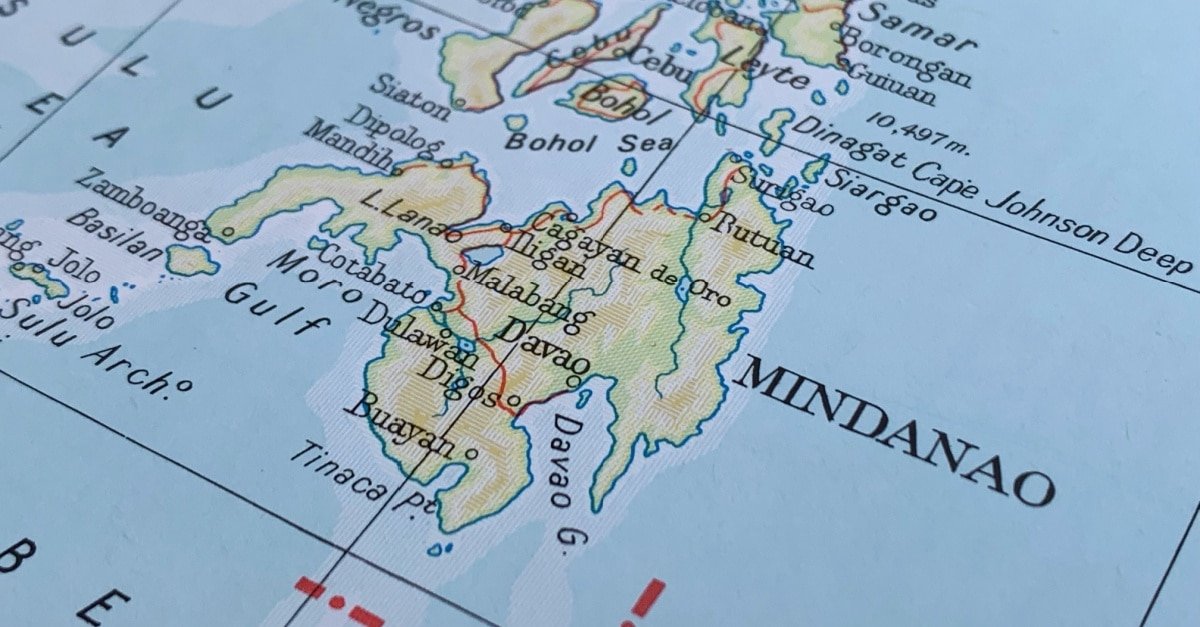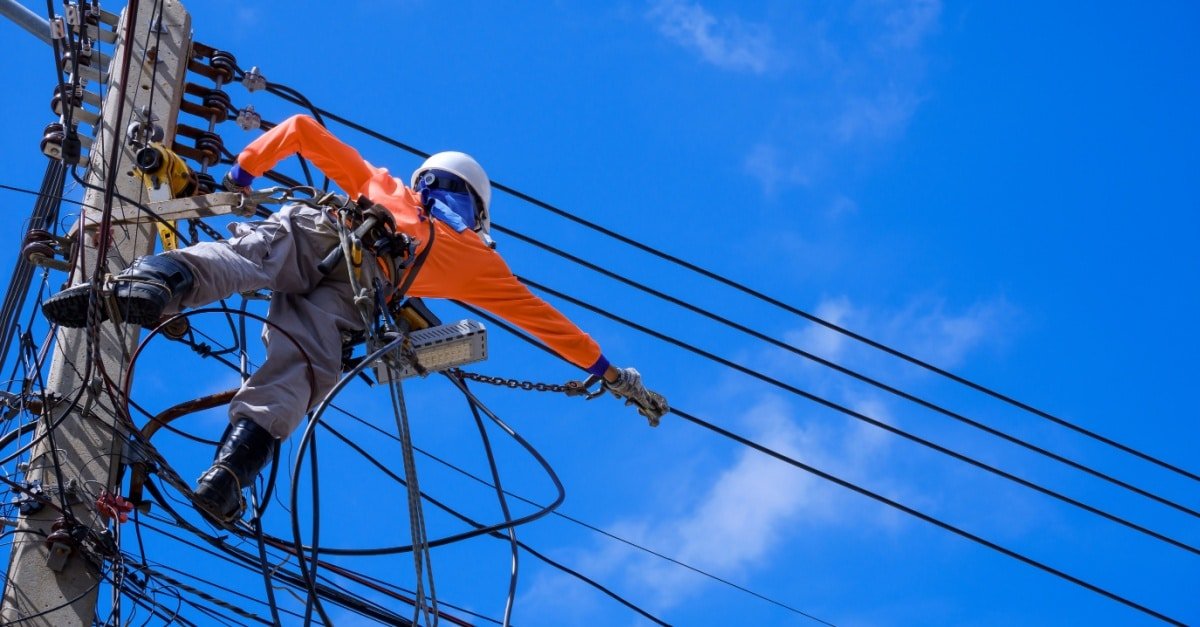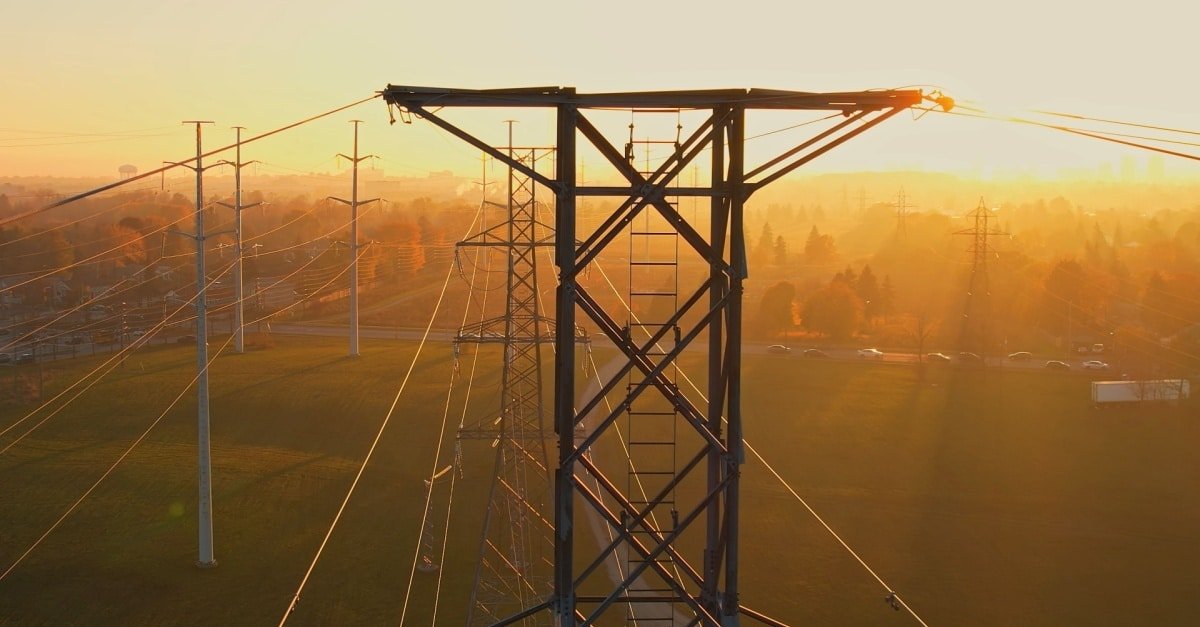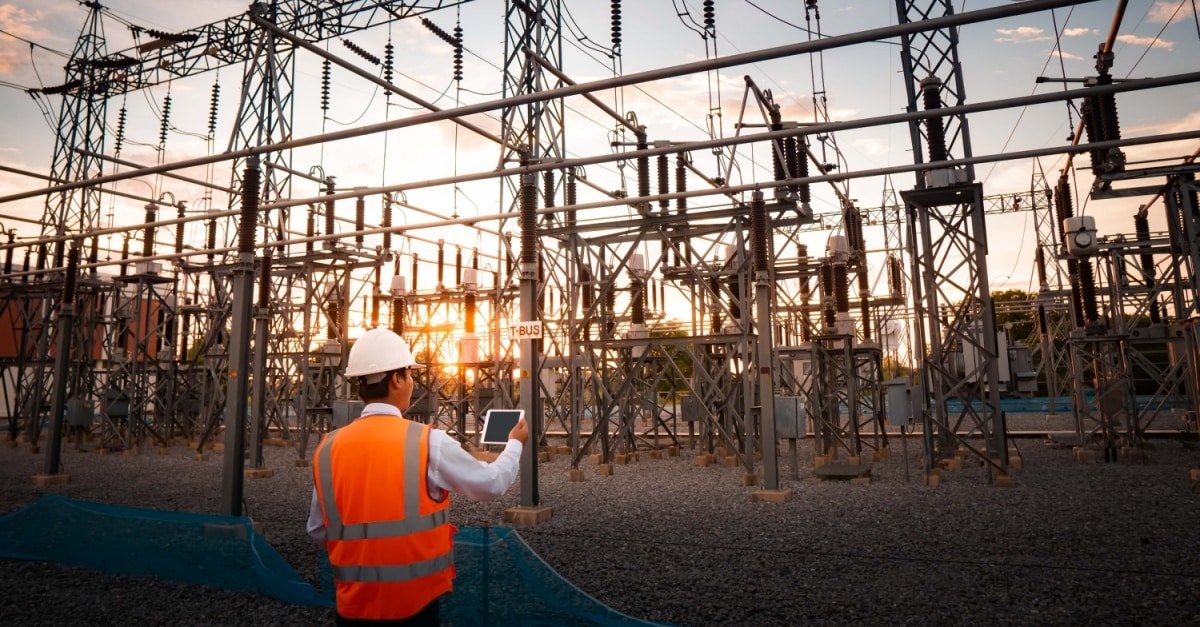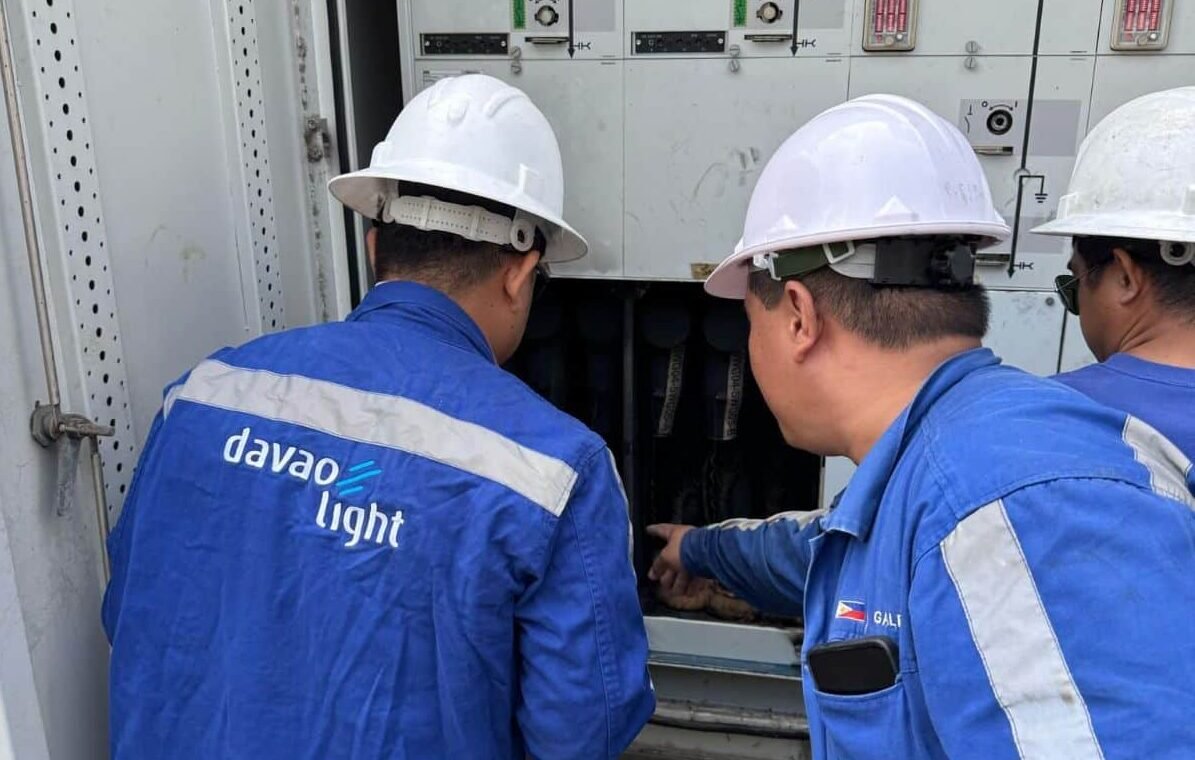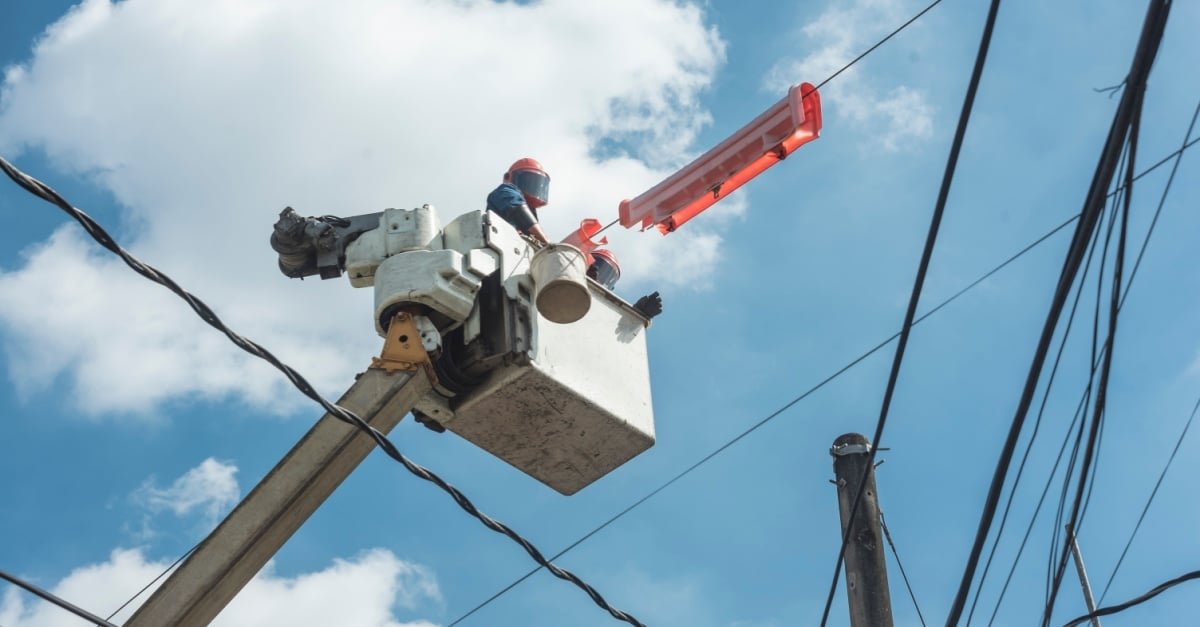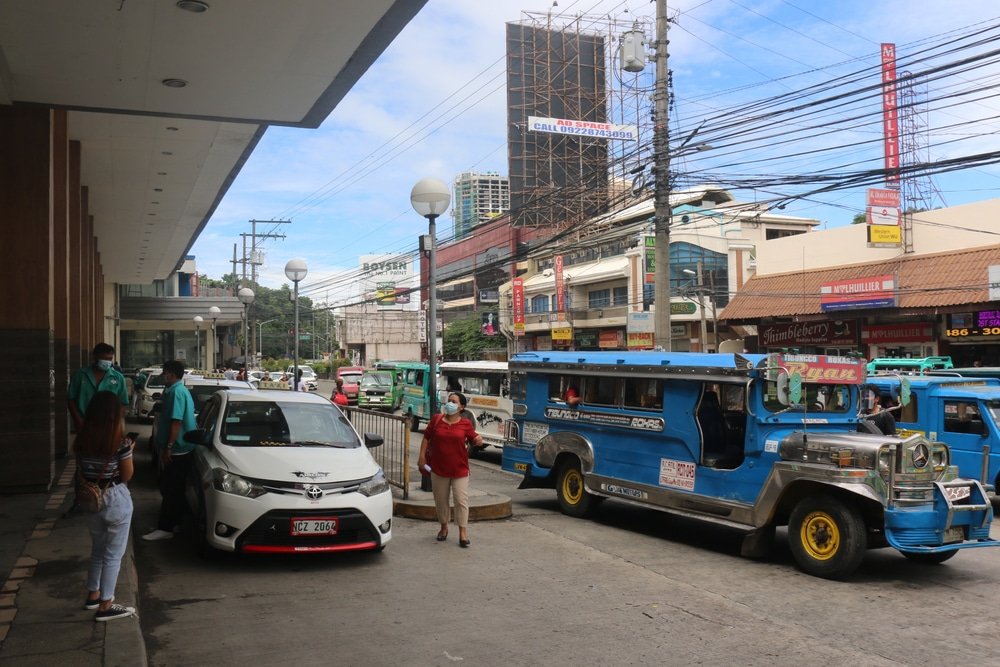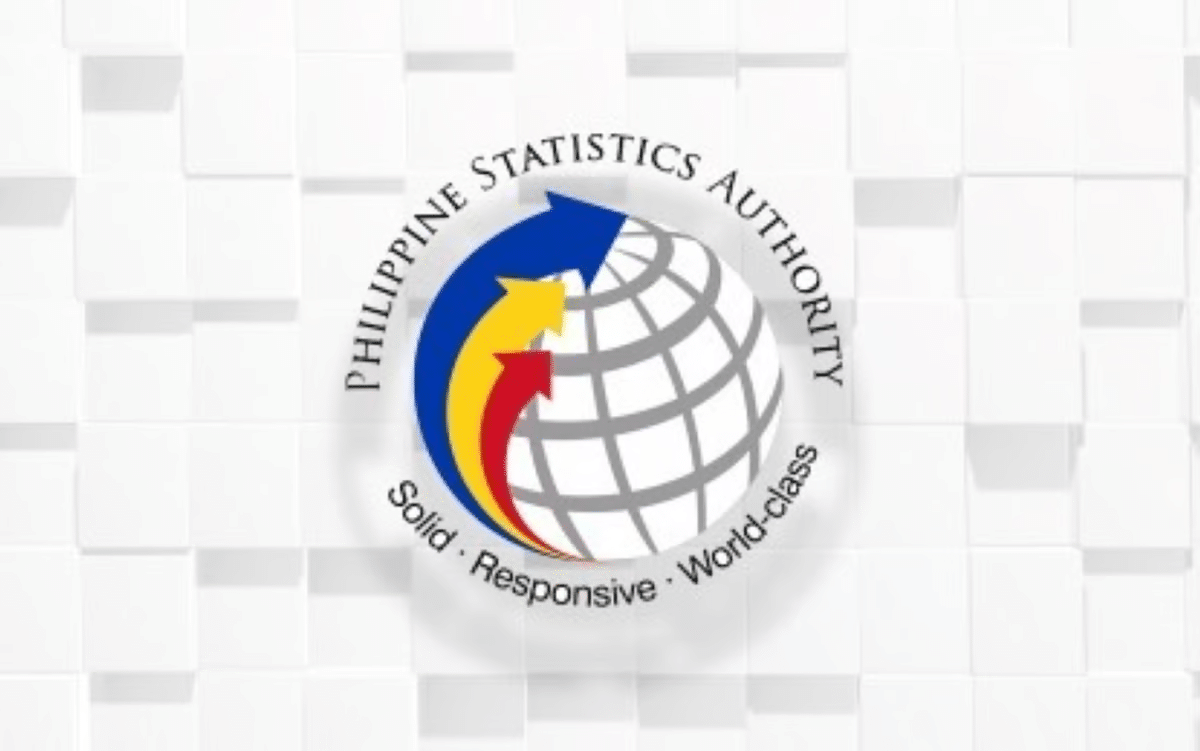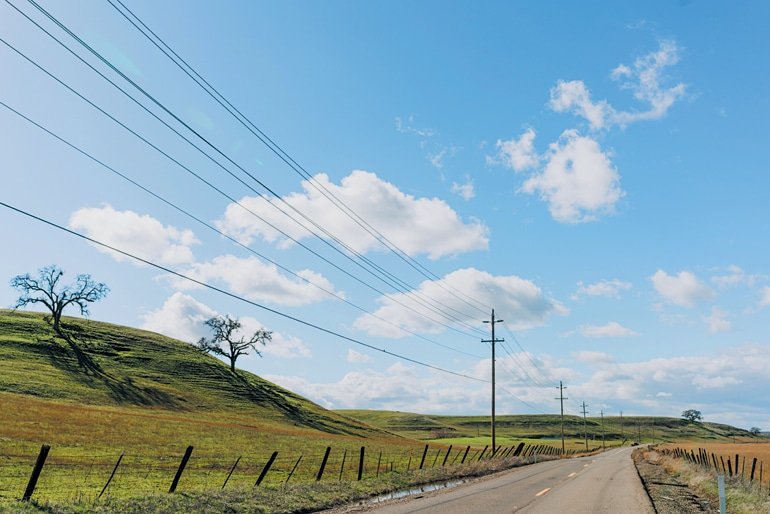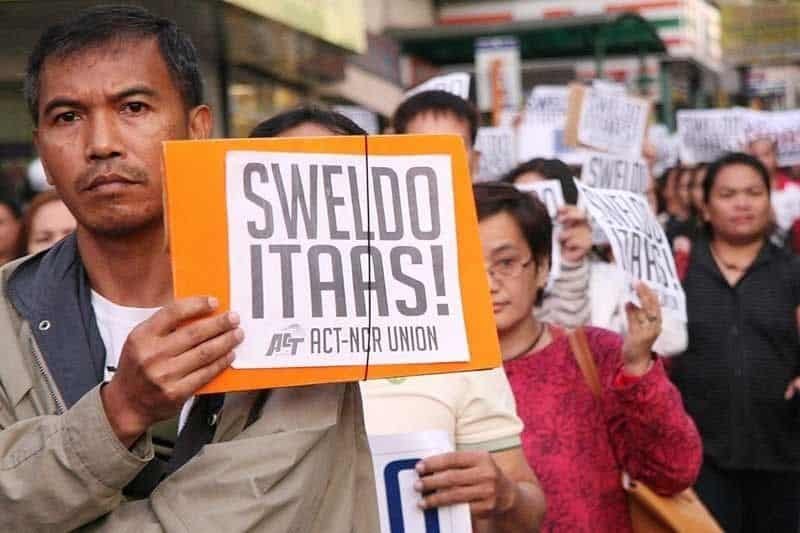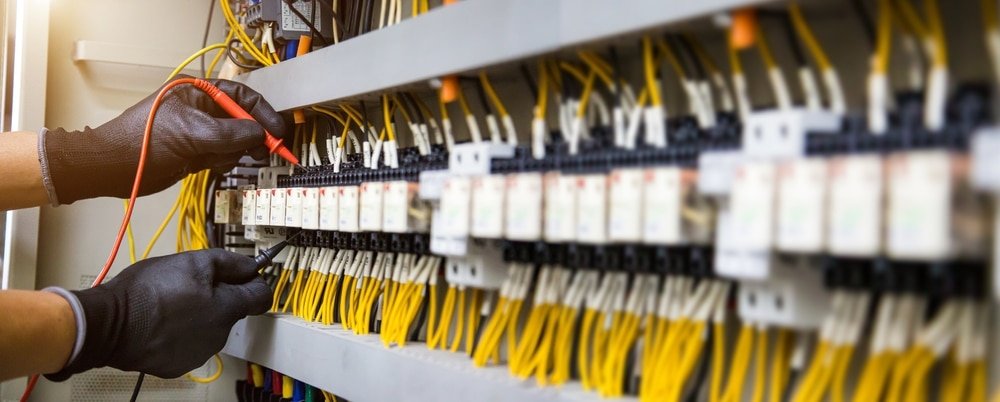
Contrary to popular belief, better does not always mean more expensive. Quality service and low costs are not mutually exclusive, and this is especially important to understand when discussing energy security in the Philippines and Mindanao.
Claims of an automatic price hike have been spreading after the House committee hearing on legislative franchises on Sept. 27, 2024, where the Energy Regulatory Commission (ERC) detailed its assessment of Davao Light and Power Company’s (DLPC) planned expansion into areas currently serviced by the Northern Davao Electric Cooperative (NORDECO).
At the congressional hearing, the ERC simulation showed a potential Php0.30 kilowatt per hour increase if Davao Light pursues acquiring NORDECO’s franchise area. Subsequently, unverified statements and misleading online posts have equated the simulation’s findings to mean that an increase will be inevitable once DLPC expands its service area.
The spread of this false claim prompted DLPC and other stakeholders to clarify the issue. The fact is, a rate hike will only happen if Davao Light takes over all existing power supply contracts of NORDECO.
Shining a Light on the Issue
“New power supply contracts through a competitive selection process can make this a non-issue,” DLPC Head of Reputation Enhancement Fermin Edillon said during the Davao Peace and Security press briefing held last Oct. 16.
The Competitive Selection Process is a policy that helps ensure power supply and the stability of electricity prices. It is a transparent and competitive bidding process that aims to promote consumer needs by encouraging investment in the Philippine energy sector, enhancing the security of the country’s power supply, and helping stabilize electricity prices.
As the third-largest private utility company in the Philippines, Davao Light currently offers lower rates compared to neighboring electric cooperatives. Edillon says this “reflects the company’s commitment to securing the most affordable power contracts for its customers.”
He also added that fluctuations in power generation rates, which are influenced by external geopolitical and economic factors, are beyond the control of any distribution utility.
The Davao Consumer Movement (DCM) also released a statement against claims of a supposed price increase. Aside from agreeing with DLPC’s statement that a competitive selection process can yield new power supply contracts that could be cheaper than NORDECO’s, convenor Ryan Amper also noted that the ERC said that Davao Light’s overall power rates could very well turn out to be lower because it would be serving a larger area and more people, resulting in potentially cheaper power rates.
DCM’s statement also called for House Bill 6740 expanding the franchise area of DLPC in Davao del Norte to be passed into law. The group stressed that the Supreme Court has already emphasized the legality of revoking Nordeco’s franchise for failing to meet the needs of its consumers. “This means the government has the power to grant a franchise to a better-suited and capable power distributor,” the statement said.
Only recently, the House of Representatives Committee on Legislative Franchises approved the substitute bill. A previous attempt to expand DLPC’s franchise was vetoed by President Marcos earlier this year due to legal concerns, as it would have violated the existing franchise rights of NORDECO. The approval of the substitute bill, which addresses these legal issues, now sets the stage for DLPC to provide reliable and affordable electricity to consumers in Davao del Norte.
Why This Issue Matters to Davaoeños
Better power service can lead to a variety of enhancements in how electricity is delivered and consumed, and it doesn’t always correlate with higher electricity bills. There are several reasons why a change in power service benefits consumers.
Investing in better power infrastructure and service can lead to fewer outages. This in turn improves quality of life. At the very least, it prevents damage from hitting your household appliances.
Improved power service often incorporates modern technologies that increase energy efficiency, such as advanced grid systems and smart meters. These improvements help reduce transmission losses and optimize energy distribution – both good things for the region’s power supply.
Better power services can also facilitate the integration of renewable energy sources like solar and wind into the grid. As renewable energy becomes more widespread and costs continue to fall, the reliance on fossil fuels can be reduced, potentially resulting in lower bills.
Better quality of life, improved grid facilities, and more widespread adoption of renewable energy sources – what’s not to love? And if better power service can be had without the need for a price hike, then investing in this issue and making your voice heard matters for Davao’s energy security in the years to come.
Source: Service area expansion won’t automatically raise power rates

